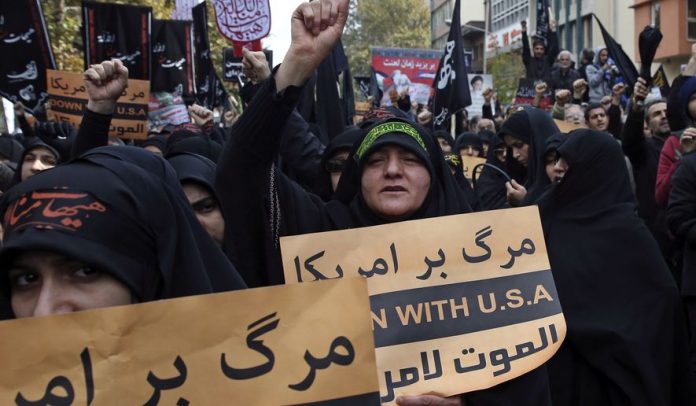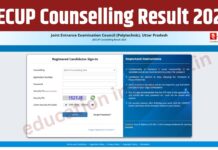The economy, bigotry, healthcare, education, and poverty top the list of most important issues facing Muslims in the US
Institute for Social Policy and Understanding found that Muslims with children at school cycle were at the top of the list reporting bullying of their children because of the faith – more than two in five (42 percent) compared with 23% of Jews, 20% of Protestants, and 6% of Catholics. A teacher or other school official was involved in one in four bullying incidents involving Muslims through the first weeks of a new administration.
More than a third of Muslims (38%) followed by Jews (27%) are most likely to express fear for their personal safety or that of their family from white supremacist groups as a result of the 2016 elections. This compares with 16% of people not affiliated with a faith, 11% of Protestants, and 8% of Catholics.
Since the election, American Muslims have been at the centre of heated social and political debates though rarely were they participants in these conversations. Even rarer are their attitudes and behaviours systematically examined, which the poll entitled Muslims at the Crossroads sought to provide.
Other findings included that Muslims are more than twice as likely (30%) as Jews (13%), Catholics, and Protestants (11%) to be stopped at the border for additional screening. Most Muslims (67%) stopped at a US border say they were easily identified as a member of their faith group, compared with 32% of Jews and none in other groups.
Muslims were also the most likely faith community to have reported religious-based discrimination (60%) in the past year. This compares with 38% of Jews and less than 20% among all other groups studied.
As a result of the elections, nearly a quarter (23%) of Muslims increased their giving to organizations associated with their faith community and 18% joined, donated to, or volunteered at civic organisations for the first time.
More generally, the poll found that Muslim women are more likely than Muslim men to achieve higher education (73% of women vs. 57% of men with post-high school education or higher). Nearly one in five (19%) Muslim women also say they have stress and anxiety enough to believe they need the help of a mental health professional as a result of the 2016 elections, compared with 9% of Muslim men. Furthermore, Muslim women are more likely than Muslim men to report experiencing religious discrimination in the last year (68% vs. 55%).
Despite Muslim women being more likely than Muslim men to fear for their safety from white supremacist groups (47% vs. 31%), Muslim women were found to be no more likely than Muslim men to change their appearance to be less identifiable as a Muslim (16% vs. 15%). Instead of hiding, Muslim women responded to a Trump win with greater giving to an organization associated with their faith community.
American Muslims were also the most ethnically diverse and youngest faith community surveyed by ISPU. They were the only faith community surveyed with no majority race, with 25% black, 24% white, 18% Asian, 18% Arab, 7% mixed race, and 5% Hispanic. Half of Muslims are native born and half are foreign-born, but most (86%) are US citizens.



































